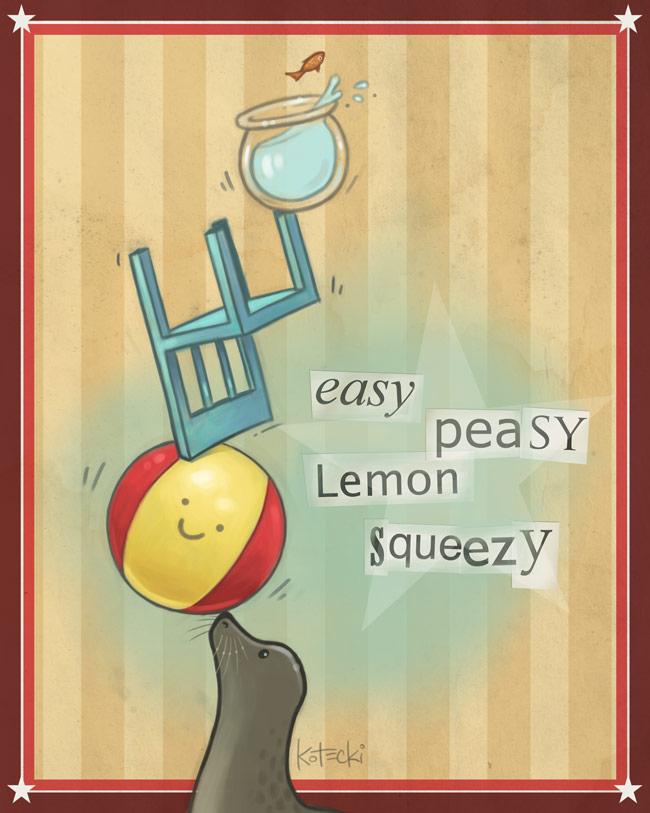
We’ve planned and hosted a wedding almost every year for the past eleven years.
We just happen to call them Escape Adulthood Summits.
Sending out invitations. Finding a venue. Decorating said venue to create a magical vibe. Booking entertainment. Organizing not one, but at least three meals. Creating swag bags. And planning two days’ worth of inspiring, entertaining, and hopefully life-changing content.
We’ve never had elaborate tiered cakes, but we have had whoopie pies, s’mores, and an ice cream truck. We’ve loved putting them on. Especially the end result that comes from it.
But it’s a lot.
This year, we knew that we didn’t quite have the stamina to host an Escape Adulthood Summit the way we’ve done it in the past. Instead of giving up on the idea of a live event altogether, we asked an important question:
What would this look like if it were easy?
This is a question author Tim Ferriss asked himself when he turned 40 and experienced what he considered a “partial mid-life crisis.”
It’s a simple question that offers a powerful, potentially life-changing reframe.
As we go through life, we tend to add complexity. We add more responsibilities at work. We accumulate more possessions that need to be maintained. We welcome new people into our lives. (Hi, kids!) As organizations grow and mature, they add more policies, revenue streams, and levels of management. And don’t get me started on the government!
It’s easy to make life more complicated. (Being overly generous with our “yeses” can do the trick in short order!) But complexity is also a natural part of gaining mastery and creating productive, dependable systems.
Eventually, however, getting to the next level is not about adding more, but stripping things away.
We gave ourselves the space to ask ourselves what a live event would look like if it were easy. What parts of hosting a Summit did we enjoy the most? Which parts brought the biggest headaches?
That led us to the idea of hosting a “Family Reunion” in our backyard this September for our Wonder & Whimsy Society members. We eliminated the costs of a venue and travel for our team. We simplified the agenda and meal planning. This pivot allows us to prepare content for people who were already familiar with our work. And we’ve spent way less time and money on promotion because there’s a smaller group to market to.
Most importantly, we’re re-energized and really looking forward to it.
With an all-or-nothing mindset, our overwhelm can tempt us to quit something altogether when perhaps a more measured approach would be prudent. It’s wise to avoid quitting something because it’s gotten too complicated if we haven’t at least tried to simplify it first.
Sometimes the over-complication is a result of over-planning. Maybe because we are afraid of failure, or maybe — as was the case with the Summit — it’s because we know people have invested a lot of time and money to be there and we want to reward them with a magical experience.
Either way, if you feel perpetually stressed out, overwhelmed, and harried, you might be inadvertently making things more difficult than they need to be.
It can be helpful to step back and ask yourself, “What if it were easy?”
What if you eliminated a few steps of the process that were important at one time but are no longer necessary or useful?
What if you figured out a way to delegate or outsource a time-consuming task to someone else who has more time or experience?
What if you shared your situation with a coach or trusted advisor who might provide fresh insight as a person from the outside looking in?
What if you just — gasp! — stopped doing something altogether? Oftentimes, the simplest solution is the best, such as a firm but compassionate “no.”
Life is hard enough as it is. Sometimes we make it harder by overcomplicating our situation, taking on more than we need to, or trying to solve problems that are not ours to solve.
What would it look like if it were easy?